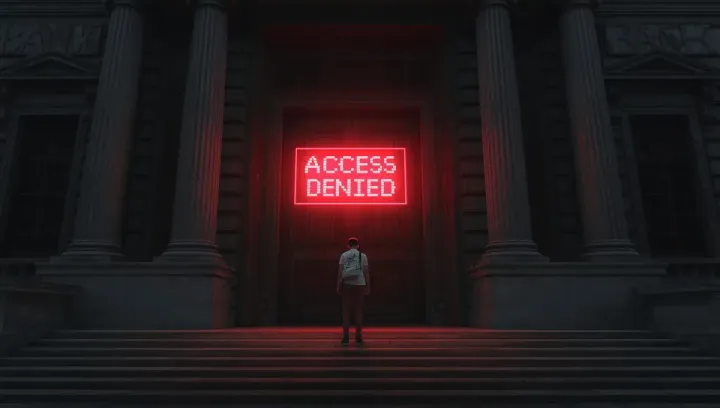
Brazil's 'Impunity Shield': The Constitutional Amendment to Protect Politicians
In a move that reeks of self-preservation and utter contempt for the principle of equality, Brazil’s political class is pushing forward a constitutional amendment brazenly nicknamed the “PEC da Blindagem” or the “Impunity Shield.” While the official discourse speaks of protecting the legislature from judicial overreach, the reality is a shameless attempt by politicians to place themselves above the law.
This isn’t a subtle tweak to the legal system; it’s a full-frontal assault on accountability. The proposal, formally known as PEC 3/2021, is a multi-pronged strategy to ensure that politicians can commit crimes with a near-guarantee of walking away scot-free.
What Exactly is in this “Impunity Shield”?
The proposal is a masterclass in institutionalizing privilege. Here are its key pillars:
-
Congress as Judge and Jury: The amendment dictates that the Supreme Court can only initiate a criminal investigation against a sitting congressman or senator if the respective legislative house gives its blessing. In essence, politicians will vote on whether their colleagues should be held accountable for their crimes. It’s a system where the fox is not just guarding the henhouse; it’s building the fence and writing the security policy.
-
A Get-Out-of-Jail-Free Card: The proposal severely restricts the conditions under which a politician can be arrested, limiting it to being caught red-handed committing a non-bailable crime. Even in such a blatant scenario, the arrest must be reviewed and approved by their peers in Congress, who would have originally voted in secret, though that provision faced immense public backlash.
-
Expanding the Privileged Club: As if protecting themselves wasn’t enough, the amendment also extends the infamous foro privilegiado (the right to be tried only by the Supreme Court) to the presidents of political parties, even if they don’t hold an elected office. This creates a new caste of untouchable political bosses.
A Deliberate Step Backwards
What makes this move even more cynical is that it’s a conscious regression. Brazil had similar rules in place after the 1988 Constitution, but they were scrapped in 2001 precisely because they were seen as a mechanism for rampant impunity and corruption. The political class is now attempting to resurrect a failed and discredited system, hoping the public has a short memory.
Proponents claim this is about the separation of powers. This is a fallacy. It is about creating a legal fortress for a privileged few, ensuring that accusations of corruption, embezzlement, and other crimes die in the corridors of power, far from the reach of an independent judiciary.
While the nation faces real problems, from economic struggles to public security, the priority of a significant portion of its representatives is to shield themselves. It’s a disgusting spectacle that lays bare the rot at the heart of the system. This isn’t about governance; it’s about impunity. And the Brazilian people, who are expected to live by the law, are forced to watch as their so-called leaders vote to place themselves above it.


